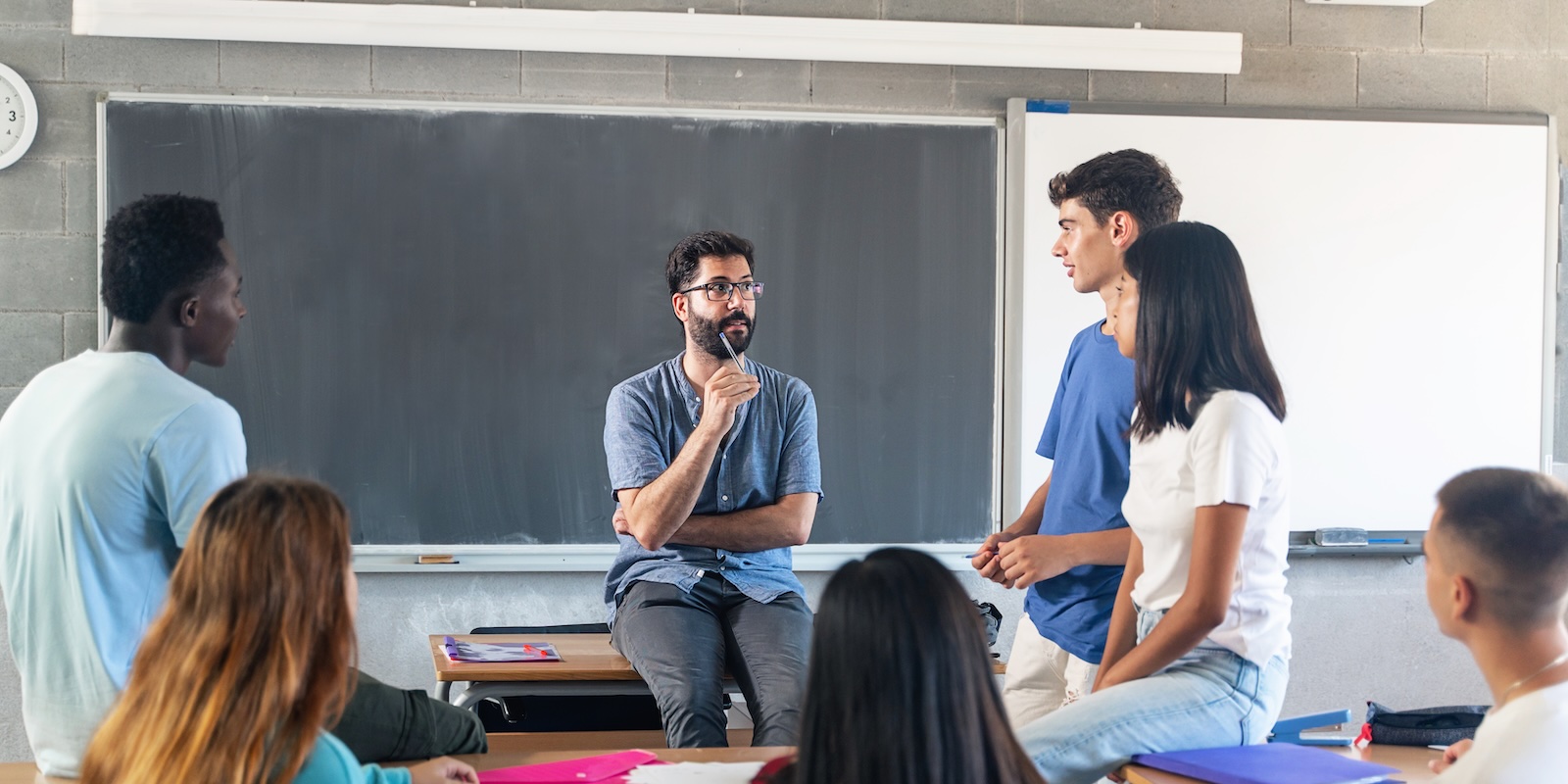Kids Today & Social Media

Much is written about kids and social media today. A parent and educator who has researched this topic offers guidance for K-12 educators and parents.
When asked about social media and my children, I quickly feel “mom” guilt. My children use technology more than the “recommended” two hours a day. As a mom, I struggle with how much to let them use technology for learning and discovery. In doing so, am I really ruining their ability to free play?
As a researcher and educator, I am realizing that there need to be more conversations about the impact of social media with our children. As a mom of a three and four year old, I worry about online bullying and what their online images will be. Children have a lot more to worry about than I did growing up. Notes are no longer being passed; instead, children use quick Snapchats that disappear after ten seconds. How can we possibly monitor what our children are doing through all these apps, not to mention what they are watching on YouTube?
In order to calm my own anxiety and to fill a research need, I began to explore the impact of social media on students in grades K-12. I wanted to learn more about their use of social media and the impact it has on them. Even the graduate students that I instruct and advise are being impacted by social media, so I knew the younger students couldn’t be immune.
Positive Uses of Social Media
Research has shown social media not to be “all bad,” linking social media usage to positive social development and to building self-confidence. There was, however, a gap in the research about elementary students and their use of social media. For example, many social media platforms and apps require persons to be age 13 or older. Young children, however, can bypass this requirement and create their own social media accounts.
With a team of researchers from the University of Minnesota, we explored social capital and social media usage. A few of the findings left more questions than answers. For example:
- Girls seem to utilize social media more for bonding than boys do.
- YouTube was more significantly correlated with bridging social capital.
- Snapchat was more significantly correlated with bonding social capital.
- There was no correlation between emotional intelligence and social media use. This contradicts popular media reports that social media can contribute to hyperactivity and problems with peers.
Overall, we found that pre-adolescents want to use social media as a tool to connect with others. In some cases, it is being used to connect with other children that are close to the child, but it is also being used to connect with others outside their immediate circle of friends. As I worry about my own children exploring and cultivating all these new friendships, I have some concerns. How can I monitor and make sure my children are safe? Here are some great resources I have found to help monitor social media usage for children:
Social Media Resources For Families and Educators
Moving Forward
After researching kids’ social media usage, I wish I had more answers than questions about what the lasting impact of social media will be. I still am not sure what is so intriguing about YouTube and what children are gaining from watching all these bizarre videos. I still question how to help individuals navigate their online persona and how to be consistent with how they represent themselves in the present world. How can we help students develop both personas, a strong self-identity, and maintain their self-esteem? This is something that adults struggle with, too.
Parents and guardians, school staff, and our communities need to be part of these conversations. As the use of social media grows, we need to start exploring ways to help students develop into resilient, empathetic adults in a manner that acknowledges the role it plays. The question of how to do this remains, but the first step is to start the conversation!
What are your thoughts about kids and social media? Let us know.
Join the Conversation
Are you interested in innovative practices for improving student success, insights from our members, recent news, and engaging webinars? Check out our resources for the latest updates.




